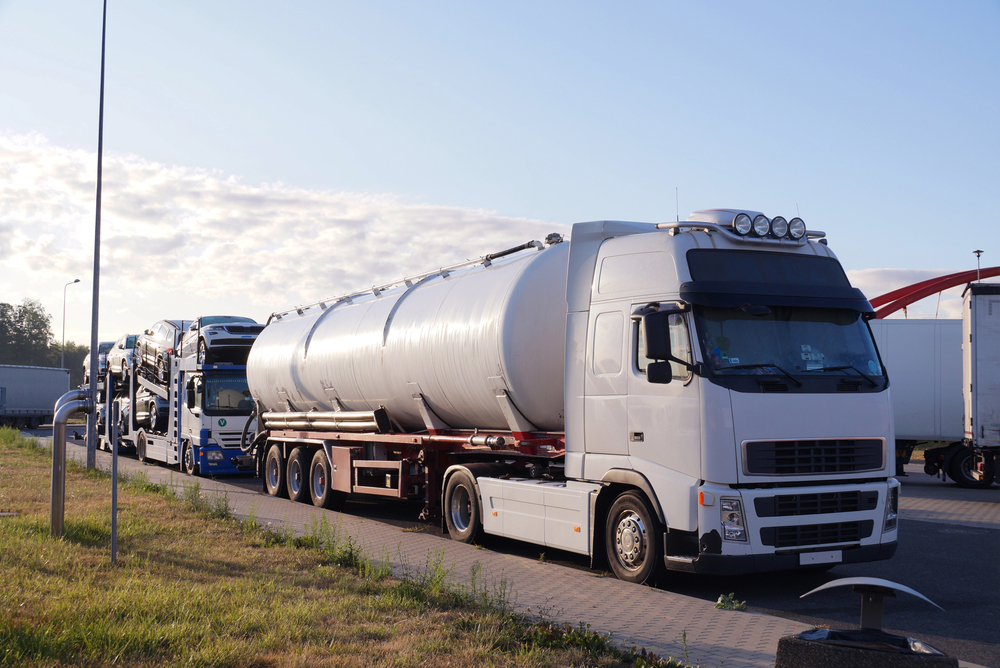What Qualifies As A Commercial Fuel In Today’s Energy Market?
In today’s fast-changing energy landscape, the term commercial fuels refers to a wide range of energy sources designed to meet the needs of businesses, industries, and large-scale operations. Learning about what defines commercial fuels, and how these products are evolving in response to environmental goals and economic pressures, is essential for anyone involved in procurement, logistics, or energy management.
Defining Commercial Fuels
Commercial fuels are energy products specifically designed for use in industrial, transportation, agricultural, and large-scale commercial applications.
Different from fuels used primarily in households, such as residential heating oil or propane for home cooking, commercial fuels are formulated to meet the high demands of business operations. They often have different performance characteristics, such as higher energy output, specific blending requirements, or additives that enhance efficiency and reduce emissions.
In the energy market, commercial fuels are not one-size-fits-all. They can include refined petroleum products, alternative fuels, and even renewable energy solutions. What ties them together is their purpose: meeting the fuel needs of industries that require a consistent, large-scale energy supply.
Types of Commercial Fuels in Today’s Market
Commercial fuels come in various forms, each serving a specific set of applications. Diesel fuel, for example, is one of the most widely used commercial fuels, powering everything from long-haul trucks to construction machinery. Its high energy density and efficiency make it ideal for heavy-duty use. Gasoline is also used commercially, though it’s more common in light vehicles and certain types of equipment.
Natural gas plays a significant role in industries that require both heating and power generation. Many manufacturing plants, food processing facilities, and warehouses use natural gas because it burns cleanly and can be delivered in bulk. Similarly, propane is often chosen for its versatility. It provides energy for forklifts, agricultural equipment, and heating in remote commercial locations.
Renewable fuels are increasingly part of the commercial fuel mix. Biodiesel, ethanol blends, and renewable natural gas are examples of how industries are adopting cleaner energy options to meet regulatory standards and corporate sustainability goals. These fuels often require infrastructure adjustments but can reduce a company’s carbon footprint while maintaining operational performance.
Why Commercial Fuels Matter to Businesses
Different sectors rely on commercial fuels in unique ways. The transportation industry is a major consumer, with trucks, buses, ships, and aircraft all requiring specialized fuel types. For example, diesel and jet fuel are formulated to meet strict performance and safety requirements.
In construction, commercial fuels keep heavy machinery such as excavators, bulldozers, and cranes operating efficiently. Without reliable fuel, projects can grind to a halt, leading to costly delays. Agriculture also depends heavily on commercial fuels for tractors, irrigation pumps, and crop-drying systems, guaranteeing productivity from planting to harvest.
Manufacturing plants are another significant user, often relying on natural gas or heating oil to maintain process heat, power machinery, or run backup generators. Even commercial buildings, such as office complexes, hotels, and hospitals, use commercial fuels for heating, hot water, and emergency power systems.
Trends Reshaping the Commercial Fuel Market
Commercial fuels are more than just an operational necessity; they play a central role in global energy strategies and the transition toward a cleaner future.
As industries respond to stricter emissions regulations and rising environmental concerns, fuel suppliers have introduced cleaner-burning options, advanced additives, and specialized blends that significantly reduce pollutants. This shift reflects growing market demand alongside an increasing commitment to sustainable business practices and corporate responsibility.
Supply chain reliability remains a critical factor for businesses that depend on uninterrupted fuel availability. Access to consistent, high-quality commercial fuels helps prevent costly downtime and operational delays.
These demands have driven innovations in storage technology, smarter delivery logistics, and sophisticated fuel management systems that provide real-time monitoring, optimize consumption, and improve cost efficiency. As the market evolves, integration of digital tools and data analytics will further enhance supply reliability and environmental compliance.
The Future of Commercial Fuels
Looking ahead, the definition of commercial fuels will likely broaden as more renewable, synthetic, and hybrid solutions enter the market. Government policies, corporate sustainability commitments, and advancements in fuel technology will continue to influence the fuels businesses choose.
Aero Energy stays at the forefront of these changes, helping businesses adapt their fuel strategies to balance reliability, cost-effectiveness, and sustainability goals. Even as the mix evolves, one constant remains: businesses will always need energy sources that are dependable and tailored to their operational requirements.
Commercial fuels, whether petroleum-based, renewable, or a combination of both, will remain central to keeping industries powered and competitive in a changing world.
